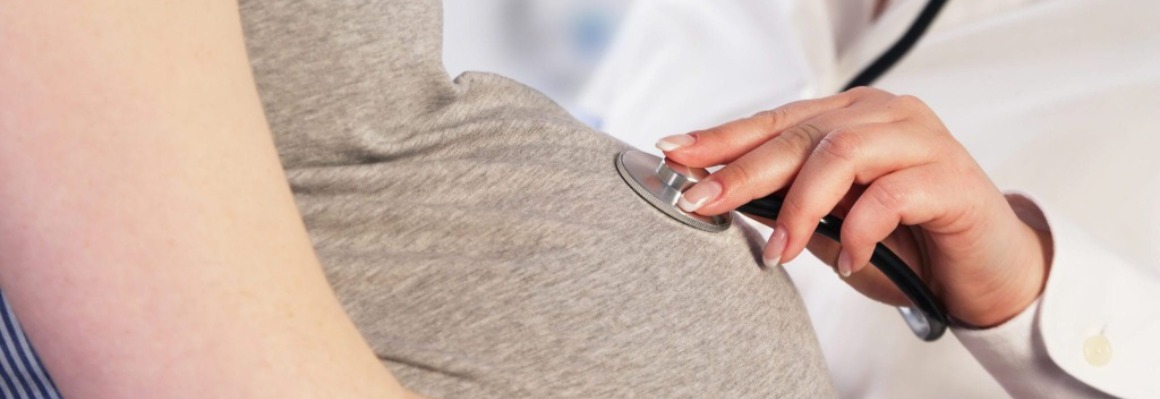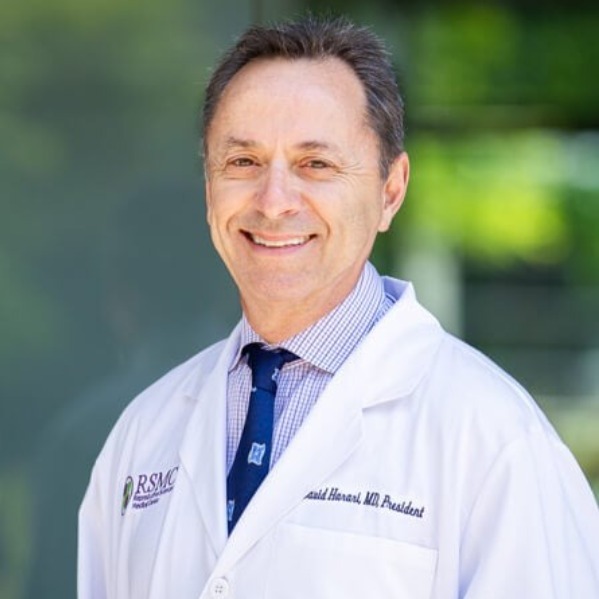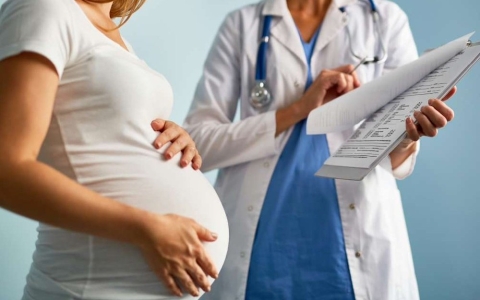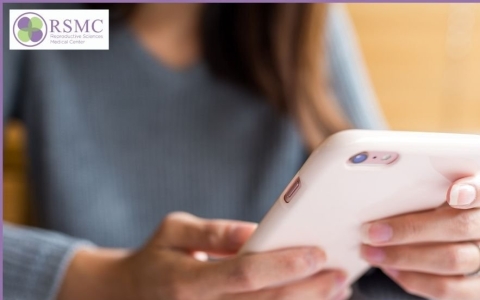All You Need To Know About Doing IVF In Singapore

1. Can embryos , eggs or sperm be transported from Singapore to another country? What is the timeline and procedure?
Yes, it is possible to transport embryos or gametes from Singapore to the U.S. However, the time required varies for each patient and the corresponding clinic, so there is no definitive timeframe.
The sin clinic will do a simple registration procedure and then ready to release once the clinic agrees.
2. After a child is born, how can they be registered as a Singaporean citizen, and is dual citizenship allowed?
A child is typically granted Singapore citizenship at birth if at least one parent is a Singapore citizen, regardless of the child's place of birth. Simply being born in Singapore does not qualify a child for citizenship. Foreign nationals can become Singapore citizens after fulfilling residency requirements (typically 10 years) and renouncing any previous citizenship. Generally, dual citizenship is not permitted, and acquiring another nationality may result in the loss of Singaporean citizenship.
If one of the parents obtained Singapore citizenship through other means, a child born overseas can be considered a Singaporean citizen by descent. However, if the child is born overseas and one parent is a Singapore citizen by descent, that parent must have resided in Singapore for at least two years within the five years prior to the child's birth.
Singapore does not recognize dual citizenship beyond the age of 21, and males who are Singapore citizens are required to serve National Service after turning 18.
-
Qualifications and Application Process:
-
Qualifications:
1. Permanent Resident (PR) for at least two years and aged 21 or above:
- You may apply together with your spouse and unmarried children under 21 years old who were born to you or legally adopted within a lawful marriage.
2. PR for at least two years and married to a Singaporean citizen for at least two years.
3. Unmarried children under 21 years old:
- Born or legally adopted within a lawful marriage by a Singaporean citizen.
4. PR studying in Singapore:
- Resided in Singapore for more than three years (at least one year as a PR) and passed at least one national exam (e.g., PSLE, GCE 'N'/'O'/'A' levels) or enrolled in the Integrated Programme (IP).
5. PR parent of a Singaporean citizen:
- Elderly parents who are PRs with Singaporean citizen children.
-
Application Instructions:
1. Use Singpass to log into the ICA e-Service:
- Apply for yourself and your family members using your Singpass account.
2. Spouse’s Endorsement:
- Your spouse must use his/her Singpass to log into ICA e-Service and endorse your application.
3. Parental Endorsement (for applicants with Singaporean parents):
- Your Singaporean parent(s) must log into ICA e-Service with their Singpass to endorse your application.
4. For applicants aged 15 to under 21:
- You can submit your application using your Singpass via the ICA e-Service.
For applicants under 15:
- You can submit your application through the non-Singpass option in the ICA e-Service.
5. Child’s Endorsement:
- If you are applying on behalf of your parents, your Singaporean child must log into the ICA e-Service with their Singpass to endorse the application.

3. Is Paternity Testing Required in Singapore?
In Singapore, paternity testing is not universally required, but it may be necessary in the following situations:
- Citizenship Applications: If there are disputes regarding the child's birth circumstances or the parents' marital status, paternity testing may be requested when applying for Singaporean citizenship.
- Legal Disputes: In cases involving inheritance, custody disputes, or other legal matters, the court may require a paternity test.
(Note: A birth certificate is still mandatory.)
4. Under What Circumstances Can Gender Selection or PGS Be Performed in Singapore?
Singaporean law strictly prohibits gender selection by any means and bans PGS (Preimplantation Genetic Screening), except in cases of medical necessity, such as avoiding gender-linked genetic diseases (PGD - Preimplantation Genetic Diagnosis).
PGS can only be performed under the following conditions:
- Women aged over 35
- Two or more failed IVF attempts
- Two or more recurrent miscarriages

DR. DAVID HARARI
RSMC Director and Medical Group President
Dr. Harari earned his medical doctorate from the University of Georgia Medical Center, completed his internship at Georgia State Medical College, and subsequently finished his residency at Mercy Hospital Medical Center. With over 30 years of clinical experience, he currently serves as the President of the San Diego Obstetrics and Gynecology Association, boasting over 400 professional OB-GYN members. Dr. Harari respects each patient's individual preferences during the treatment process, providing them with the most professional treatment guidelines and working collaboratively to help them achieve their goals. He believes in the importance of open communication between the doctor and patient, willingly sharing his past medical experiences and offering the most professional medical advice.
About Dr. David Harari
Other
-
2024/11/18ivf
What is a Uterine Polyp? Does It Affect Fertility?



